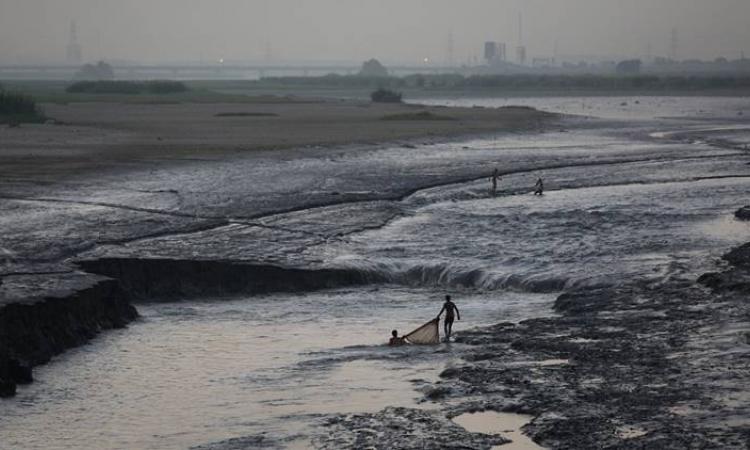
India seeks to bring water from Nepal's Sharda river to supplement Yamuna near Delhi
As part of Prime Minister Narendra Modi’s ambitious river interlinking plan, the union government has approached Nepal for transferring excess water from River Sharda, also called the Mahalaki, to the Yamuna near Delhi. The proposal has already obtained the necessary clearances from a committee of secretaries and the Union Ministry of External Affairs has been requested to initiate a dialogue with Nepal in this regard. Waters of the Sharda are to be brought via Uttarakhand and Uttar Pradesh to ensure uninterrupted access to Yamuna water for Delhi.
Karnataka has most number of chemically polluted lakes and tanks in the country
Data from the Ministry of Environment, Forest and Climate Change (MoEFCC) points that more than half of the country’s critically-polluted waterbodies with chemical contamination are located in Karnataka. Bengaluru has a total of 17 waterbodies with very high levels of Chemical Oxygen Demand which indicate chemical pollution. A total of 38 rivers along with 48 lakes, tanks and ponds have been categorised as critically-polluted by the MoEFCC across the country.
Water level in Wazirabad pond below normal; water rationing on to minimise impact in vulnerable areas
With reduced flow in canals carrying water from Haryana and below-normal water level in the Wazirabad pond which receives raw water from the Yamuna, Delhi stares at a significant crisis this summer. The capital is currently grappling with a water supply shortfall of 70 million gallons per day. In order to minimise the impact in vulnerable areas, water rationing is being resorted to by the Delhi Jal Board (DJB). The DJB has now approached the Supreme Court to get its due share of water from its neighbour.
Many open wells in Kerala found to be highly contaminated
Studies reveal that close to 83 percent of all open wells in Kerala are highly contaminated with unscientific well-digging; a lack of proper sewerage is only making matters worse. The study conducted by the Centre for Water Resources Development and Management in Kozhikode noted improper solid and liquid waste management to be the main reason behind bacteriological contamination of most rivers, especially around towns and cities in the state.
Groundwater levels sink deeper; Tamil Nadu farmers concerned
Small and medium farmers across Tamil Nadu have been responsive to emerging constraints and changing trends in agriculture, but the dismal state of groundwater in most parts continue to concern them a lot. The State Agriculture Department has introduced a ?803 crore programme for drylands in 25 districts to promote sustainable agriculture, the impacts of which are still unclear. Despite the mounting woes, the state has still not come up with a policy to regulate the extraction of groundwater.
This is a roundup of important news published between March 20 and 26, 2018. Also, read policy matters this week.